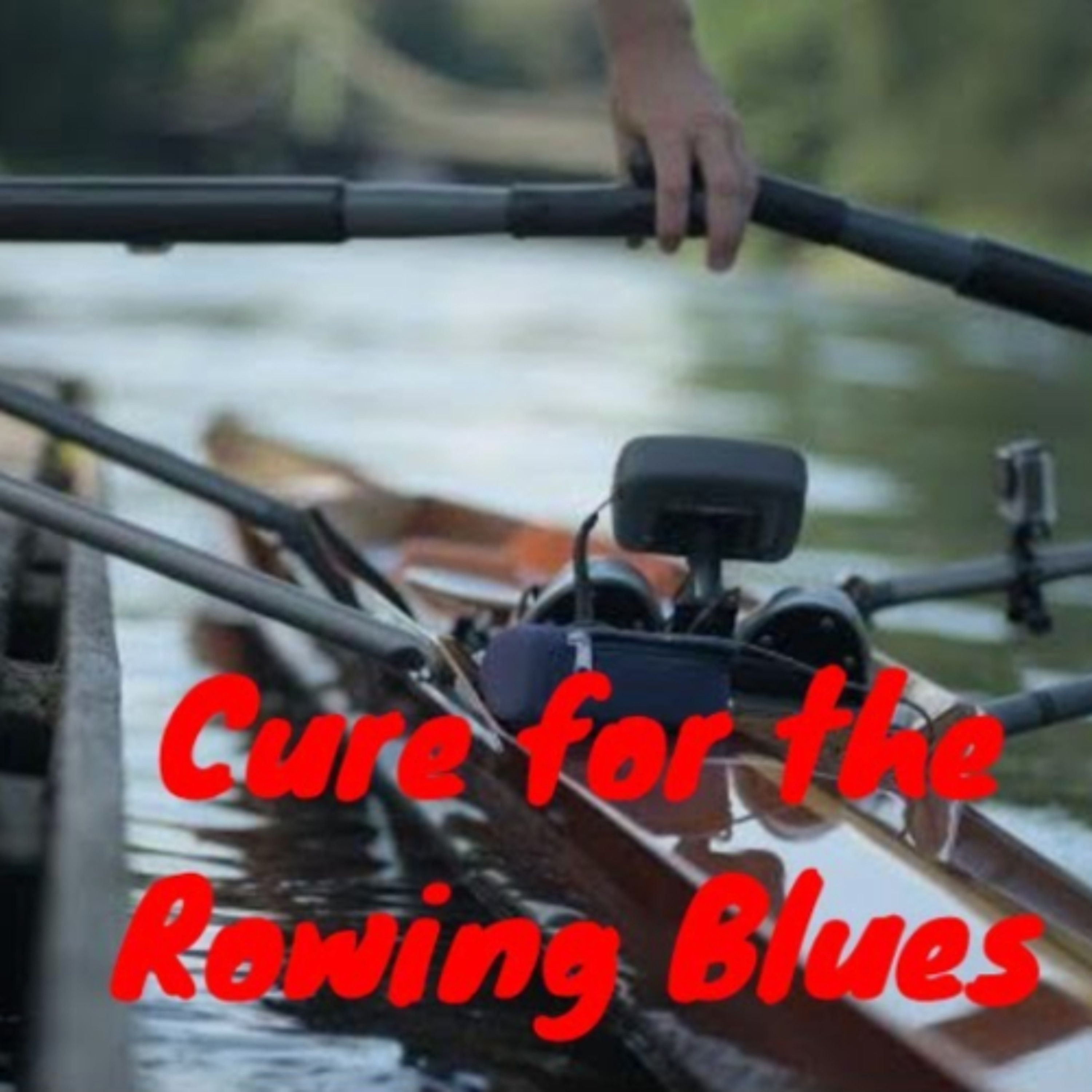Jan 21 2025 11 mins 5
Go on rowing camp! The pros and cons of going on training camp. You'll either love it or hate it.
Timestamps
01:00 Going on a camp refocuses your attention on rowing.
Are camps useful? There are lots of different types of camp
- training camp
- selection camp for racing crews
- finishing camp before a big regatta
02:20 Three camp benefits
You don't have to go with your whole club.
Doing a camp at your own club has disadvantages - people keep their other life commitments and so tend to rush off after the workout. So you lose one of the good aspects of going away to camp which is the luxury of un-pressured time.
1 - gives you focus
2 - sense of purpose
3 - make decisions
4 - refresh your attitude to the sport and your involvement.
03:45 Coaching on camp
Athletes get a lot of individual attention on camp compared to home training. There's time for debriefs, for mini tutorials, one-on-one time, sit next to coaches at meals and pick their brains.
Coaches get a captive audience of athletes and can get messages about focus points across to them all.
05:00 Camp issues
Increased training load - if normal rows are 60-90 minutes once a day camp workouts will be shorter. But you may do two or three workouts a day.
Overtraining is not an issue in the long term. Camp is only 3-5 days plus travel days when you're resting. Schedule an off day when you get back home while you rig boats. Then pick up your regular training volume.
If you come into the camp injured or recovering - that's a big red flag and needs management. When athletes don't tell the coach that they are injured that causes problems. Doing only part of the camp program is still beneficial.
Getting injured on camp does not mean your time is wasted. Volunteer to go in the coach boat with the coaches, volunteer to film crews, volunteer to help the coaches. Hanging out with coaches, you learn by listening to their discussions. You can train your eye watching crews rowing to find out where improvements are needed.
Illness on camp - take care a virus doesn't spread to everyone. Good hygiene practices are needed,
08:30 Camp outcomes
Crew bonding and learning accelerated in a focused period. Plus fitness gains and technique input from coaches.
Camp also allows you time to work on technique on your own. Self-coaching discipline and practice is also good.
Want easy live streams like this? Instant broadcasts to Facebook, YouTube, LinkedIn. Faster Masters uses StreamYard: https://streamyard.com/pal/d/5694205242376192
Timestamps
01:00 Going on a camp refocuses your attention on rowing.
Are camps useful? There are lots of different types of camp
- training camp
- selection camp for racing crews
- finishing camp before a big regatta
02:20 Three camp benefits
You don't have to go with your whole club.
Doing a camp at your own club has disadvantages - people keep their other life commitments and so tend to rush off after the workout. So you lose one of the good aspects of going away to camp which is the luxury of un-pressured time.
1 - gives you focus
2 - sense of purpose
3 - make decisions
4 - refresh your attitude to the sport and your involvement.
03:45 Coaching on camp
Athletes get a lot of individual attention on camp compared to home training. There's time for debriefs, for mini tutorials, one-on-one time, sit next to coaches at meals and pick their brains.
Coaches get a captive audience of athletes and can get messages about focus points across to them all.
05:00 Camp issues
Increased training load - if normal rows are 60-90 minutes once a day camp workouts will be shorter. But you may do two or three workouts a day.
Overtraining is not an issue in the long term. Camp is only 3-5 days plus travel days when you're resting. Schedule an off day when you get back home while you rig boats. Then pick up your regular training volume.
If you come into the camp injured or recovering - that's a big red flag and needs management. When athletes don't tell the coach that they are injured that causes problems. Doing only part of the camp program is still beneficial.
Getting injured on camp does not mean your time is wasted. Volunteer to go in the coach boat with the coaches, volunteer to film crews, volunteer to help the coaches. Hanging out with coaches, you learn by listening to their discussions. You can train your eye watching crews rowing to find out where improvements are needed.
Illness on camp - take care a virus doesn't spread to everyone. Good hygiene practices are needed,
08:30 Camp outcomes
Crew bonding and learning accelerated in a focused period. Plus fitness gains and technique input from coaches.
Camp also allows you time to work on technique on your own. Self-coaching discipline and practice is also good.
Want easy live streams like this? Instant broadcasts to Facebook, YouTube, LinkedIn. Faster Masters uses StreamYard: https://streamyard.com/pal/d/5694205242376192
